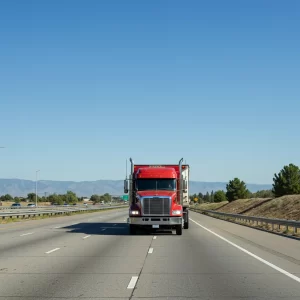
How Do Emission Control Systems Work on Trucks?
Understanding Truck Emission Control Systems | A Driver’s Guide
Understanding what documents are needed for Clean Truck Check is essential for fleet owners and operators to remain compliant with California Air Resources Board (CARB) regulations. The Clean Truck Check, part of the Heavy-Duty Inspection and Maintenance (HD I/M) program, requires vehicle owners to submit proof of emissions compliance, registration, and other supporting records for trucks, buses, motorhomes, and other heavy-duty vehicles (GVWR over 14,000 lbs). Compliance ensures that fleets reduce harmful emissions, prevent air-quality-related health risks, and avoid fines or DMV registration blocks. This guide covers all documentation requirements, from On-Board Diagnostics (OBD) reports to Smoke Opacity Test results, and clarifies exemptions for zero-emissions vehicles, emergency vehicles, military tactical vehicles, historical vehicles, and vehicles under experimental permits.
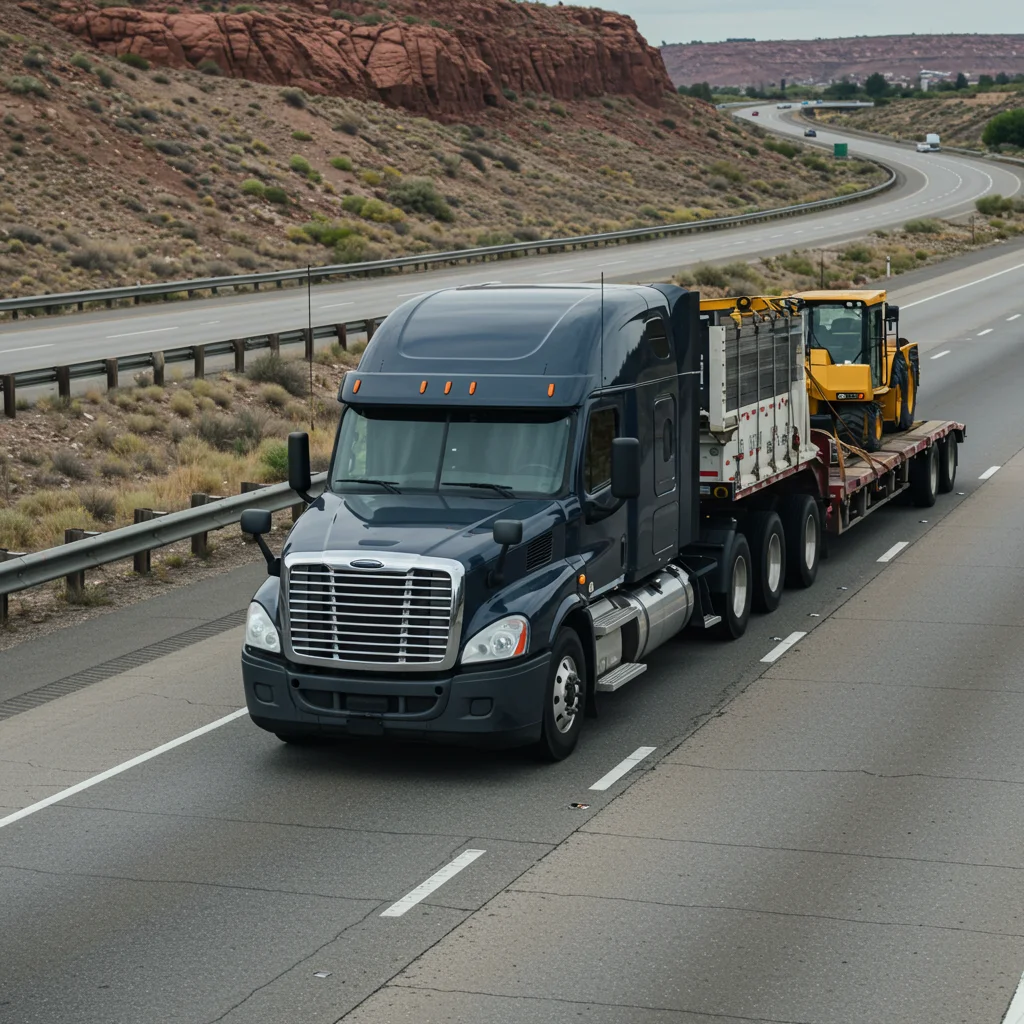
The Fleet owners must maintain several essential documents to meet Clean Truck Check compliance criteria. Key documents include proof of registration with CARB, valid emission inspection certificates, Notice to Submit to Testing (NST) forms, and payment receipts for annual compliance fees. Heavy-duty trucks, diesel or alternative-fuel vehicles, and OBD-equipped vehicles require periodic documentation showing emissions testing has been performed according to the HD I/M or Periodic Smoke Inspection Program (PSIP) standards. Proper documentation, including those verified through Clean Truck Check in Canyon Crest, CA, allows fleet managers to demonstrate that vehicles are tested twice annually, emissions systems are functioning correctly, and all compliance requirements, including the Portable Emission Acquisition System (PEAQS) or SAE J1667 smoke tests, are satisfied.
Compiling vehicle and fleet records is a critical step for Clean Truck Check compliance. Fleet managers should gather ownership documents, vehicle registration details, maintenance logs, and emissions testing history for all heavy-duty vehicles, including trucks, buses, motorhomes, and on-road agricultural vehicles. Vehicles under experimental permits or new low-NOx engines also require documentation proving certification to CARB’s stringent NOx standards. Digital records through telematics platforms or CTC-VIS accounts can streamline this process by automatically uploading OBD data, SAE J1667 smoke opacity results, and test outcomes from credentialed HD I/M or PSIP testers. Maintaining thorough records prevents enforcement actions and ensures timely renewal of Clean Truck Check certificates.
Every heavy-duty vehicle over 14,000 pounds must maintain current registration and emissions certificates to comply with CARB’s Clean Truck Check in Casa Blanca, CA program. Certificates demonstrate that emissions testing has been completed by an authorized tester using approved methods, such as OBD readout equipment, PEAQS, or smoke opacity meters. Vehicles that are gasoline-powered, OBD-equipped, or non-OBD-equipped have unique requirements, but all must provide documented proof of passing tests. Certificates are also necessary for DMV registration renewal and must be kept in vehicles to access freight facilities. Semi-annual emissions testing ensures fleets remain compliant, reduce smog-causing pollution, and support health benefits like preventing hospitalizations and emergency room visits.
To Clean CARB Clean Truck Check forms and paperwork are critical for compliance and record-keeping. Vehicle owners must submit NST forms, annual compliance fee receipts, and emissions inspection results to CARB. In addition, CTC-VIS account setup requires either individual vehicle entries or bulk uploads. Forms clarify testing requirements for OBD-equipped vehicles (2013+), non-OBD-equipped vehicles (pre-2013), diesel trucks, buses, motorhomes, and zero-emissions or emergency vehicles exempt from standard testing. Credentialed testers complete and submit emissions results to the CTC-VIS system, ensuring instant digital compliance certification. Accurate paperwork supports timely fleet registration, prevents potential fines of up to $10,000 per vehicle per day, and keeps operations uninterrupted.
While Proper Vehicle ownership and registration documents are fundamental for Clean Truck Check compliance. CARB mandates proof of ownership, current registration with the California DMV, and accurate reporting of fleet or vehicle owner information. This includes identification for heavy-duty diesel trucks, buses, motorhomes, on-road agricultural vehicles, and military tactical vehicles. Out-of-state vehicles operating in California also require proof of registration and, if applicable, documentation showing they are subject to testing exemptions. Maintaining this documentation ensures fleet managers meet compliance deadlines, avoid DMV registration blocks, and validate vehicle eligibility for emissions inspections.
Failing Failure Maintaining detailed maintenance and repair records is essential for passing Clean Truck Check inspections. These records help verify that emissions systems are functioning properly and any issues reported in previous tests have been addressed. For diesel or alternative-fuel heavy-duty trucks, repair logs may include OBD diagnostic results, SAE J1667 smoke opacity test corrections, and PEAQS roadside screening data. Accurate maintenance records not only facilitate smoother testing but also provide fleet managers with insights to identify high-emitting trucks, maximize vehicle uptime, and implement preventive maintenance programs.
Fleet Leveraging Previous emissions test certificates are a critical component of the Clean Truck Check documentation package. Certificates demonstrate compliance with HD I/M or PSIP standards and are necessary for OBD-equipped and non-OBD-equipped vehicles alike. Test results from credentialed testers, including smoke opacity tests and PEAQS data, should be submitted digitally via CTC-VIS. These certificates ensure that fleet vehicles, including trucks, buses, and motorhomes, remain compliant with CARB regulations, prevent fines, and support uninterrupted DMV registration. Maintaining records through Clean Truck Check in Cherry Valley, CA also provides historical insight into vehicle performance and future maintenance planning.
Technology Maintaining Out-of-state vehicles operating in California must provide specific documentation to comply with the Clean Truck Check program. These include proof of registration in the home state, emissions certificates when applicable, and NST forms submitted to CARB. Exemptions may apply for motorhomes registered outside California, historical vehicles, or vehicles under experimental permits. Proper documentation ensures that out-of-state trucks, buses, and motorhomes can operate without fines, DMV registration restrictions, or interruptions to freight operations. Fleet managers should maintain digital records via CTC-VIS and verify that all vehicles meet semi-annual emissions testing requirements or applicable exemptions.

Understanding Truck Emission Control Systems | A Driver’s Guide

What is the Lifespan of Truck Emissions Components | Guide to Durability and Replacement
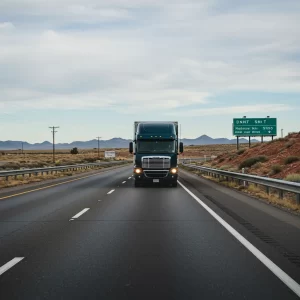
Are New Diesel Trucks Reliable with Emissions Systems | What You Need to Know
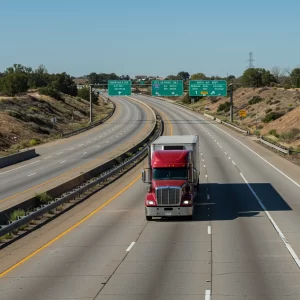
Truck Emissions Maintenance | How to Reduce Pollution and Boost Efficiency
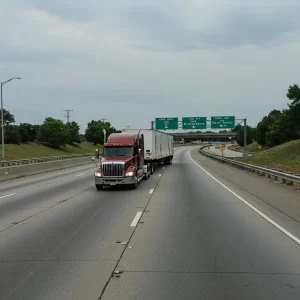
Reduce Truck Emissions | Practical Ways to Lower Your Carbon Footprint
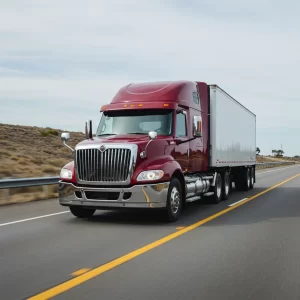
What Causes High Diesel Emissions | Key Factors You Need to Know